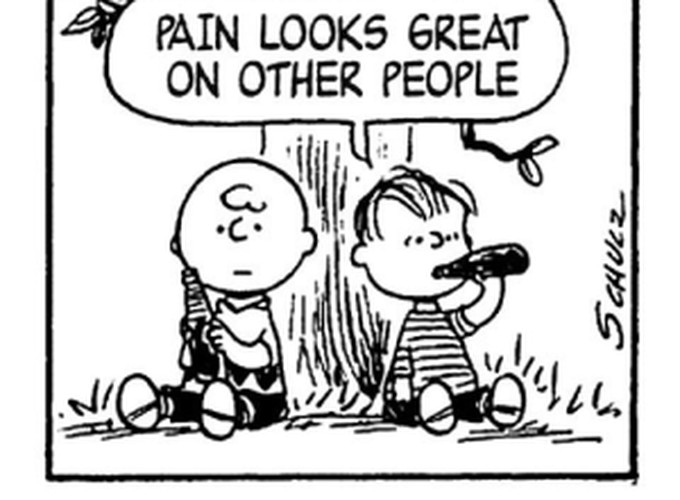Hierarchical relations between social groups are influenced by structural and interpersonal forces that reify or dismantle inequality. Two categories of emotional antecedents to hierarchy maintenance – empathic and counter-empathic emotions – can directly impact the cooperative or competitive nature of intergroup relations. Empathy is the ability to understand and experience the assumed emotional states of other people while counter-empathy is the ability to understand but experience the opposite assumed emotional states of others. Feeling empathy is affiliative, facilitating group cooperation and social interconnectedness. In contrast, counter-empathy is disaffiliative, facilitating social domination and competition.
Asymmetric power hierarchies between groups becomes perpetuated when people affiliate and thus experience empathy towards groups that are at the top of the hierarchy, as well as when people disaffiliate and experience counter-empathy towards groups at the bottom. In contrast, hierarchical relationships become attenuated when people affiliate with those at the bottom of the hierarchy or disaffiliate with those at the top. In this way, the hierarchy attenuating or maintaining consequences of empathy and counter-empathy depend on the target groups’ positionality within the hierarchy.
In several projects, I’ve investigated the hierarchy attenuating and enhancing forces of empathy and counter-empathy, developing a model that connects threat, emotions, and behaviors.
Papers in progress include:
- Role of Empathy and Schadenfreude Metaperceptions in Political Reconciliation
- Ideologies and (Counter-)Empathic Emotions: Unique and Common Variance
- Schadenfreude Exacerbates Willingness to Harm Outgroups







